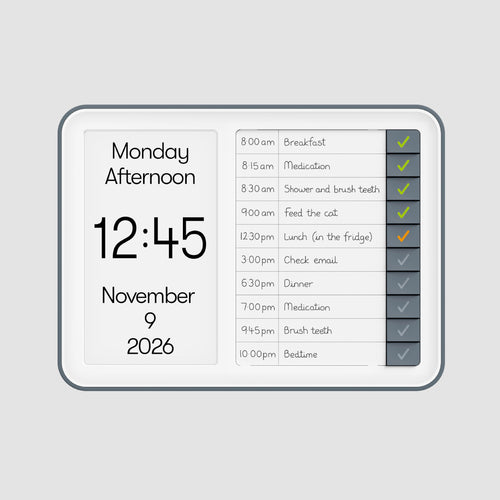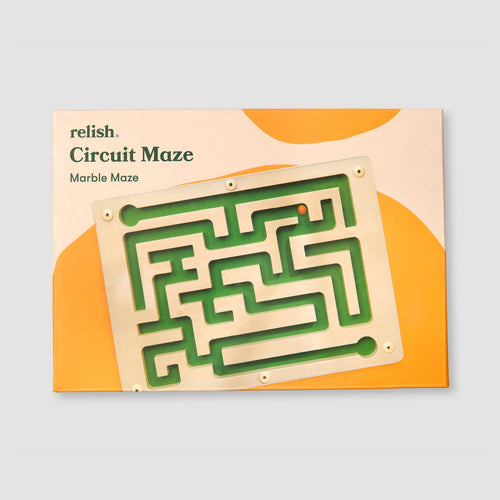Lewy Body Dementia affects millions of people across the globe. Whereas this type of progressive dementia impacts many families, only a few individuals know about it. Do not be surprised when you come across someone who has never heard of this disease.
Being aware of all the vital details about Lewy Body Dementia (LBD) helps those affected handle it better.
An Overview
Lewy body dementia (LBD) is a progressive type of dementia caused by the abnormal deposit of a protein known as alpha-synuclein in the brain cells. These deposits are collectively called Lewy bodies and impact the brain's chemical makeup, triggering mood, thinking, behavior, and movement issues.
The progressive nature of Lewy body dementia means it presents in mild stages and worsens over a period of time. The speed at which the disease progresses varies per individual, level of severity, and overall health condition.
Signs and Symptoms of LBD to Watch For
Lewy body dementia symptoms are mild in the early stages, and the affected person may be able to go about their everyday life quite well. However, once it begins to advance, the individual becomes increasingly incapacitated and eventually entirely dependent on care and assistance.
Here are the symptoms that you should look out for:
- Changes in thinking, including the inability to understand visual messages, challenge processing information, and difficulty planning
- Seeing things that do not exist (hallucinations)
- Abrupt and repeated changes in behavior and mood like delusions, anxiety, paranoia, apathy, depression, or agitation
- Sleep disturbances, including acting out in dreams.
- Slowness or incoherent movement
- Varying alertness and increased confusion daily
Though only a formal medical diagnosis can confirm LBD, having all, or a combination of these symptoms should a warning sign that should not go overlooked.
Treatment & Management of LBD
While there is no known cure for Lewy body dementia, doctors can try and slow progress and administer medication to treat specific symptoms. Some of the drugs used to manage the disease are:
- Parkinson's treatments – The medications used for this purpose include Duopa, Rytary, and Sinemet. These medications relieve symptoms such as slow movement and rigid muscles.
- Cholinesterase inhibitors – The medications include galantamine, donepezil, and rivastigmine. They increase brain chemical levels, which aid in judgment, thought, and memory. Taking them improves cognition and alertness alongside reliving behavioral issues and hallucinations.
Like most diseases, accurately diagnosing LBD in its early stages proves worthwhile in tackling the symptoms. Whereas there's no cure for the illness, swift treatment at the onset of symptoms reduces the progression rate. Continuing to take regular medications without being aware of LBD’s existence can actually worsen symptoms.
When under treatment, the physician closely monitors reactions to the various medications administered. The physician may also keep track of your sleep habits, daily routines, behavioral change, and exercise.
Ways to Support Individuals Living with LBD
The nature of Lewy body dementia is such that it gets into the way of one’s usual daily routine. It inhibits motor functions, cognitive abilities, and sleep patterns. When supporting friends and loved ones living with Lewy body dementia, communication and engagement is critical to wellbeing. Whether in in-home care or in a care facility, there are resources that can assist people living with dementia in strengthening cognitive functioning, remaining active and maintaining an individuality and independence.
Puzzles, games, activities, and sensorial resources geared specifically to those with dementia and those living with memory loss are of immense value when helping to sustain a semblance of normalcy. These crafts and activities stimulate the individual, both physically and mentally, and sharpen the senses and remain engaged in aspects of everyday life.
Relish develops products and activities that aim to bring joy and connection to people with dementia and their care-givers. Make meaningful connections. Visit www.relish-life.com and find ways to enjoy every moment with people living with Lewy body and other forms of dementia.






















